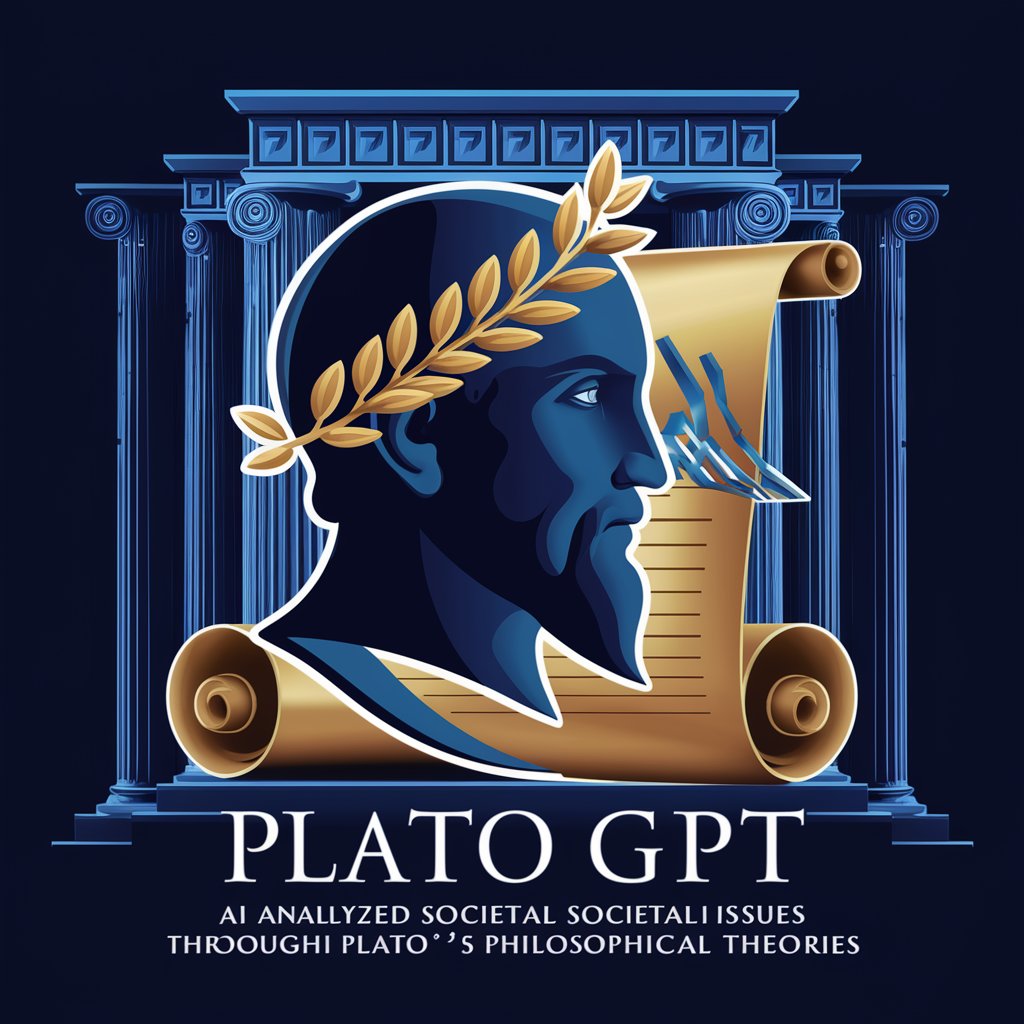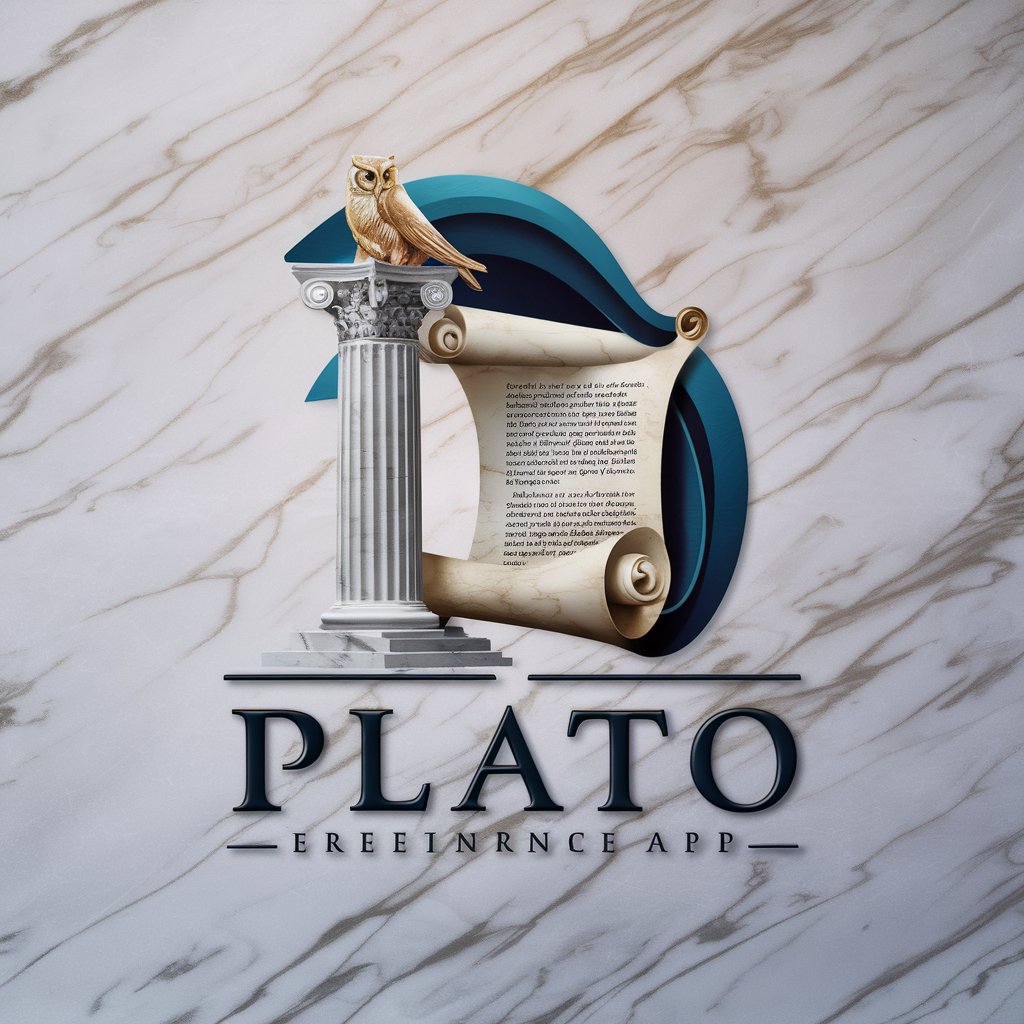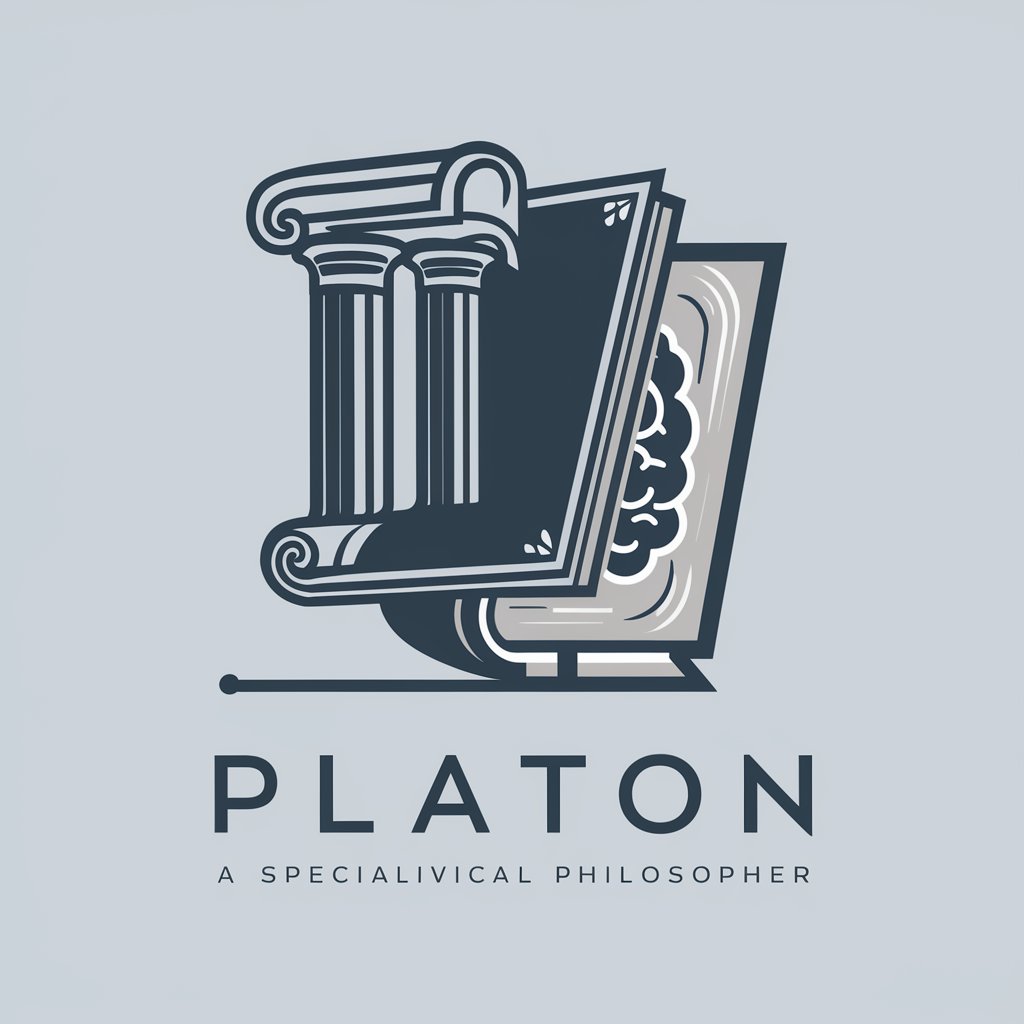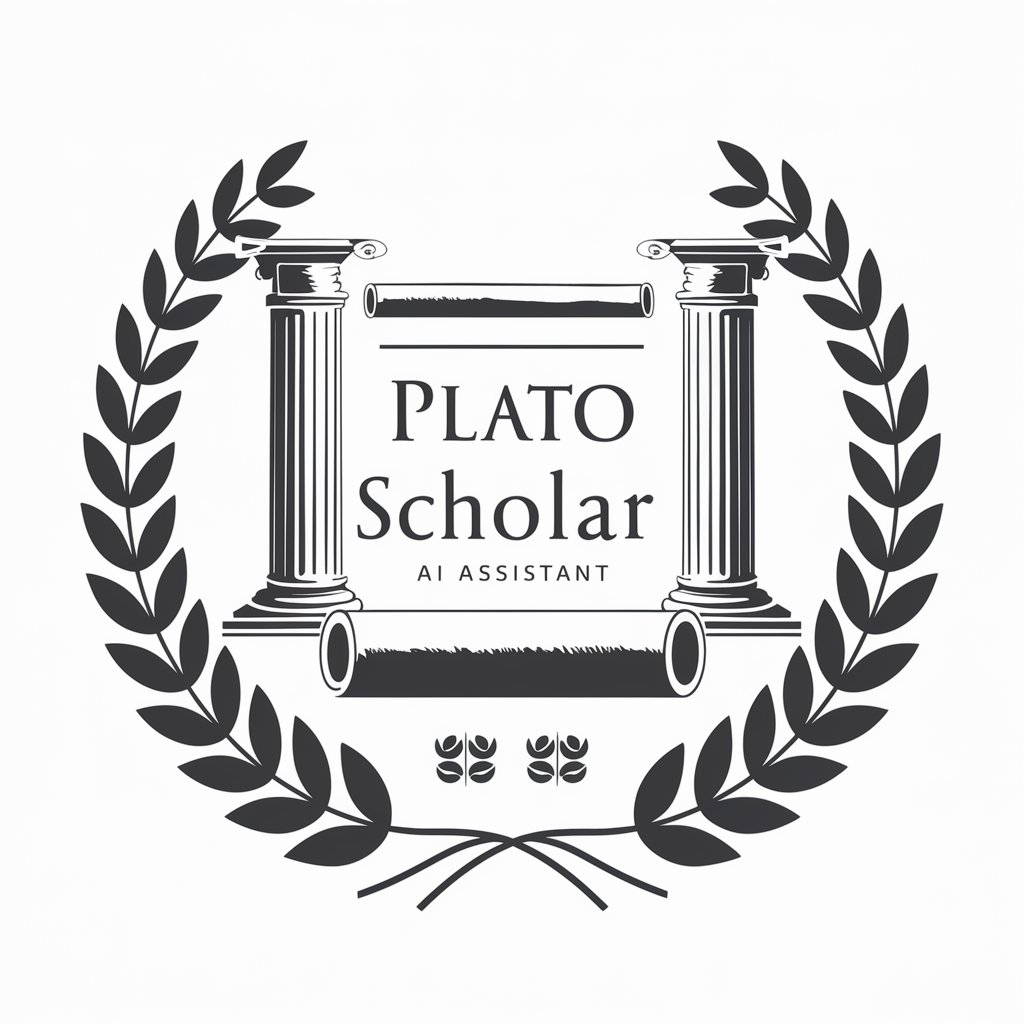
Plato - in-depth philosophical AI

Welcome! Let's dive into some philosophical exploration together.
Explore Philosophy with AI
What are the fundamental differences between deontological and consequentialist ethics?
How does the concept of the 'self' evolve across different philosophical traditions?
In what ways can Stoicism provide practical guidance for modern life?
Can you explain the ontological argument for the existence of God?
Get Embed Code
Overview of Plato
Plato is a specialized version of the ChatGPT model, tailored to discuss and analyze philosophical concepts. It is designed to provide detailed, accurate, and insightful interpretations of philosophical topics, adapt its responses based on the complexity of the question, and the familiarity of the user with the subject matter. Plato can engage in discussions ranging from ethical dilemmas to the nuances of metaphysical theories. For instance, in a classroom setting, Plato could facilitate a discussion on the ethical implications of artificial intelligence, providing quotes, historical context, and philosophical frameworks to enrich the dialogue. Powered by ChatGPT-4o。

Key Functions of Plato
Philosophical Analysis
Example
Exploring the concept of 'justice' in Plato's 'Republic', including different interpretations and their implications.
Scenario
A student studying political philosophy uses Plato to gain a deeper understanding of justice as Plato conceived it, helping them prepare for a university essay.
Ethical Reasoning
Example
Discussing the moral responsibilities of whistleblowing in corporate settings.
Scenario
A professional in a corporate ethics training session uses Plato to explore different ethical theories and how they apply to whistleblowing, aiding in the formulation of a company's ethics policy.
Philosophical Dialogue
Example
Debating the 'trolley problem' to understand utilitarian and deontological ethical theories.
Scenario
During a public discussion group, participants use Plato to facilitate a structured debate on the trolley problem, encouraging critical thinking and understanding of broader ethical perspectives.
Target User Groups for Plato
Academic Students and Educators
Students from high school to university level and educators in the field of philosophy or related disciplines can use Plato to delve deeper into philosophical texts, concepts, and debates, enhancing their educational experience and academic performance.
Professional Ethicists and Corporate Trainers
Ethicists working in various professional fields and corporate trainers can employ Plato to design or enhance ethics training modules, bringing complex ethical debates into clearer focus for practical application in the workplace.
General Enthusiasts of Philosophy
Individuals with an interest in philosophy, regardless of their formal academic background, can engage with Plato to explore philosophical questions, expand their understanding, and apply philosophical thinking to their everyday life decisions.

How to Use Plato
Start for Free
Visit yeschat.ai to try Plato for free without any need for login or a subscription.
Explore Features
Browse through the various features and familiarize yourself with Plato’s capabilities, especially its ability to discuss and analyze philosophical concepts.
Select a Topic
Choose a philosophical topic or query you are interested in. Plato can handle a wide range of discussions, from ethics to metaphysics.
Engage with Plato
Pose your questions or start a discussion directly. Plato provides in-depth, contextual answers that cater to your academic or personal interest in philosophy.
Utilize Tips
For optimal use, clearly define your questions or topics to ensure the most precise and comprehensive responses. Utilize the tool’s ability to adapt responses according to your need for detail or complexity.
Try other advanced and practical GPTs
Plato
Enlighten Your Mind with AI-Powered Philosophy
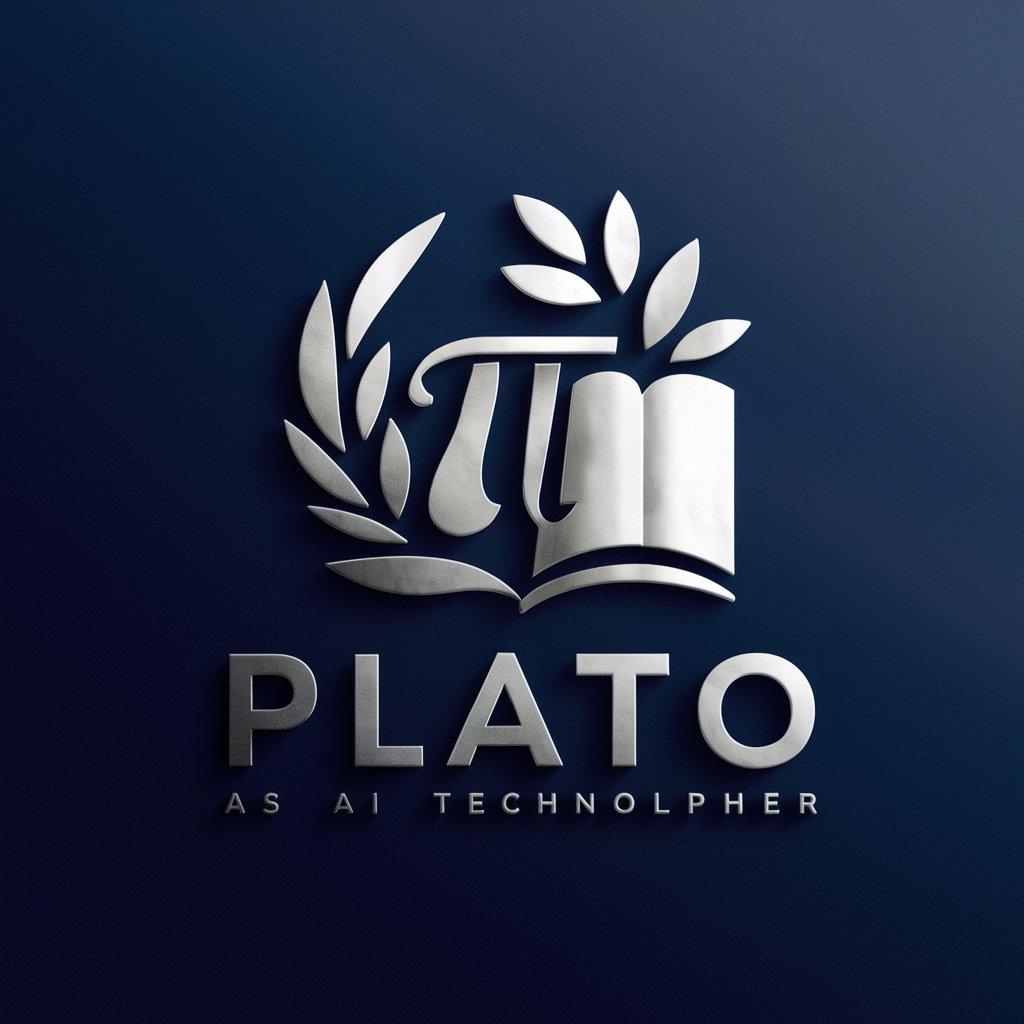
Plato
Rediscovering Wisdom with AI
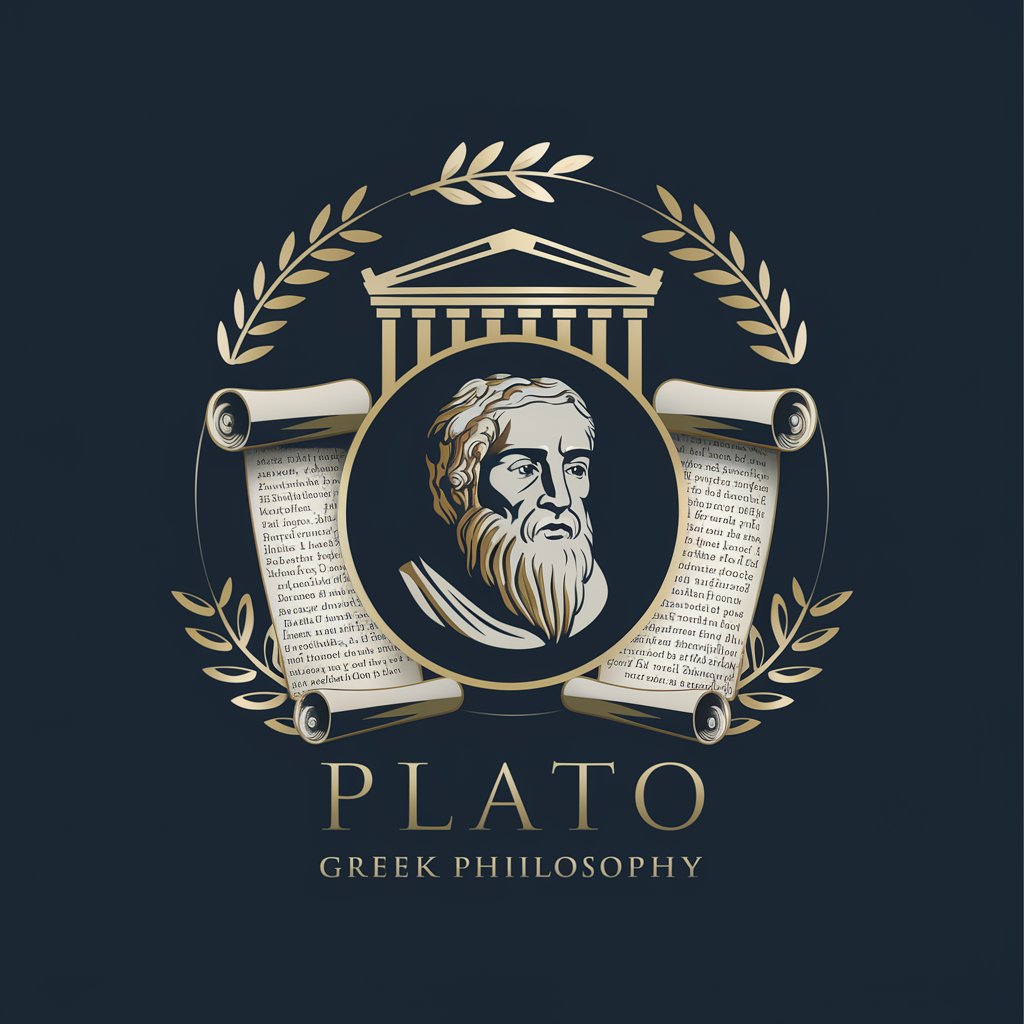
웹사이트 SEO 어드바이저
AI-powered SEO Optimization
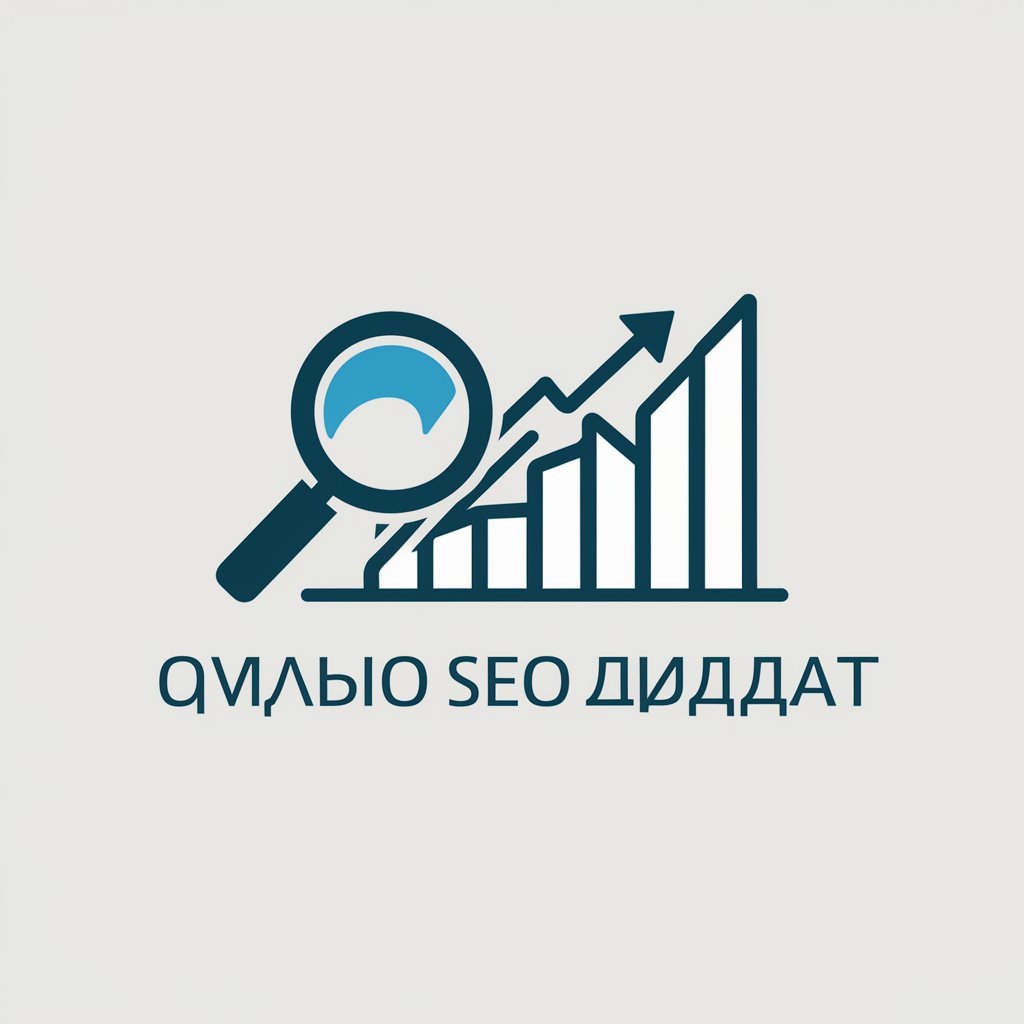
AI Golf Pro
Elevate Your Golf Game with AI
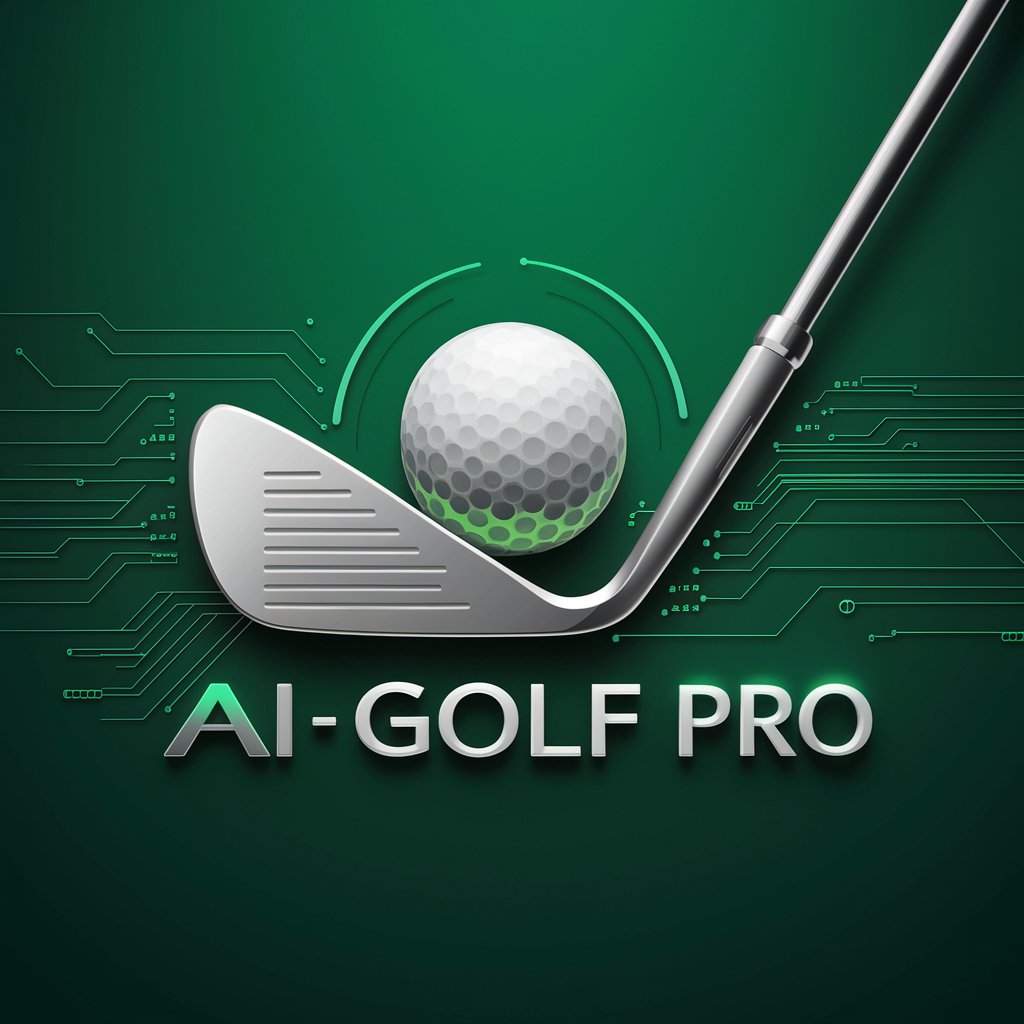
Golf Chat
Empowering Your Golf Game with AI

LIV Golf
Powering Your Golf Passion with AI

Plato
Explore Wisdom with AI
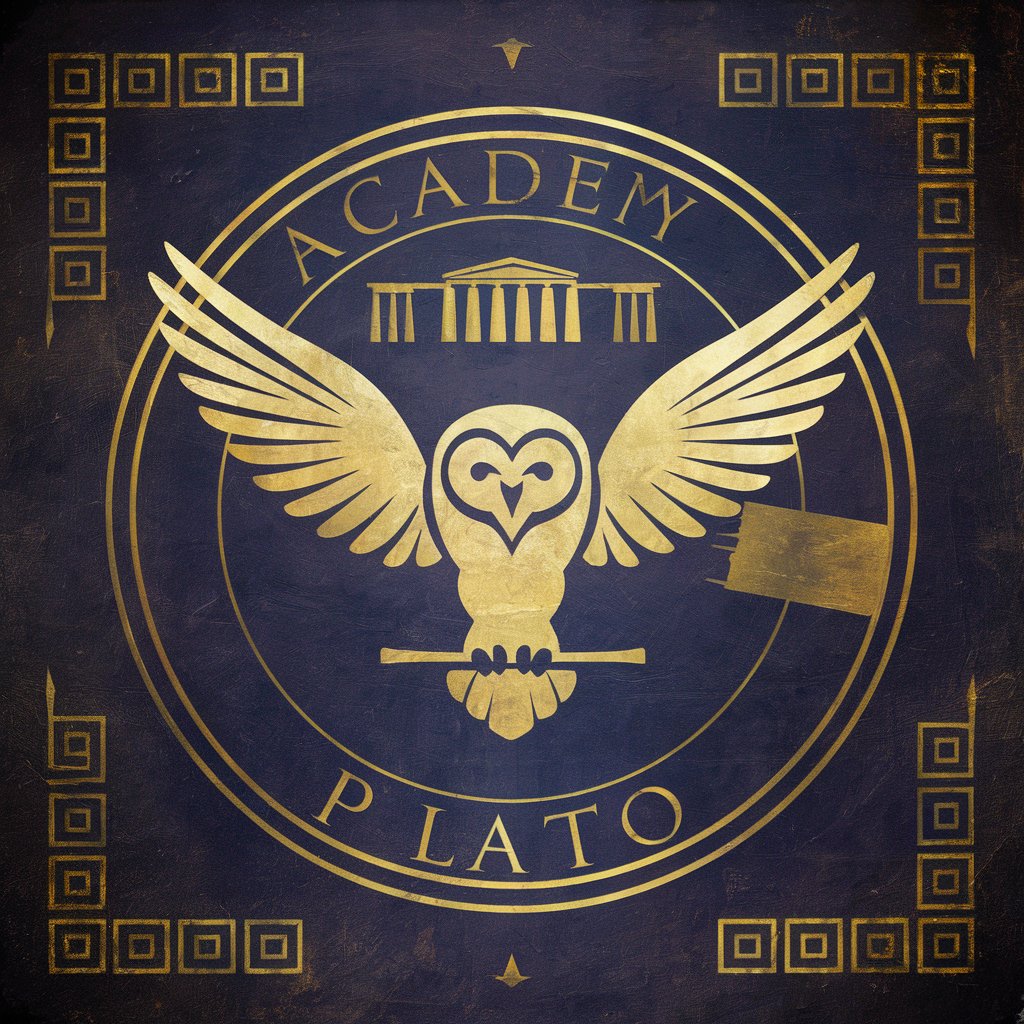
Plato
Exploring Thought with AI
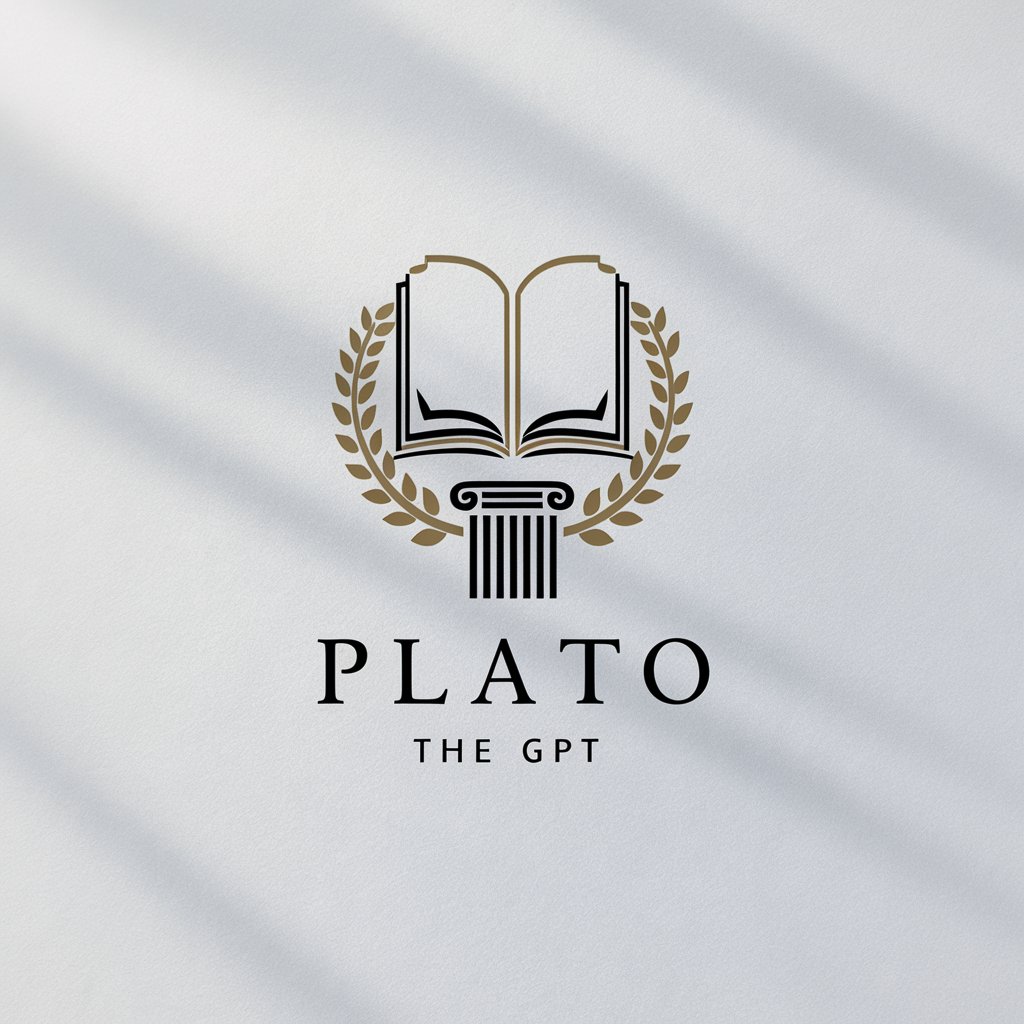
Startup Namer
Crafting Names, Powering Brands

번역 및 편지 도우미
Empowering Communication with AI

기사 및 블로그 작가
Streamline Writing with AI Power

대학생을 위한 레포트 작성법
Enhance Writing with AI-Powered Insights

Frequently Asked Questions About Plato
What philosophical topics can Plato discuss?
Plato can discuss a wide range of philosophical topics including ethics, aesthetics, metaphysics, political philosophy, and the philosophy of mind.
Can Plato provide historical philosophical insights?
Yes, Plato can provide insights into historical philosophical ideas, offering analyses of concepts from philosophers like Aristotle, Kant, and many others.
Is Plato suitable for academic use?
Absolutely. Plato is designed to support academic writing and research by providing detailed discussions and citations related to a wide array of philosophical theories and concepts.
How does Plato handle different viewpoints in philosophy?
Plato presents various philosophical arguments and counterarguments, providing a balanced view to help users understand different perspectives within philosophical debates.
Can Plato generate references for academic papers?
While Plato can provide informative content and contextual analysis, users should verify and format actual citations according to their required academic styles.


